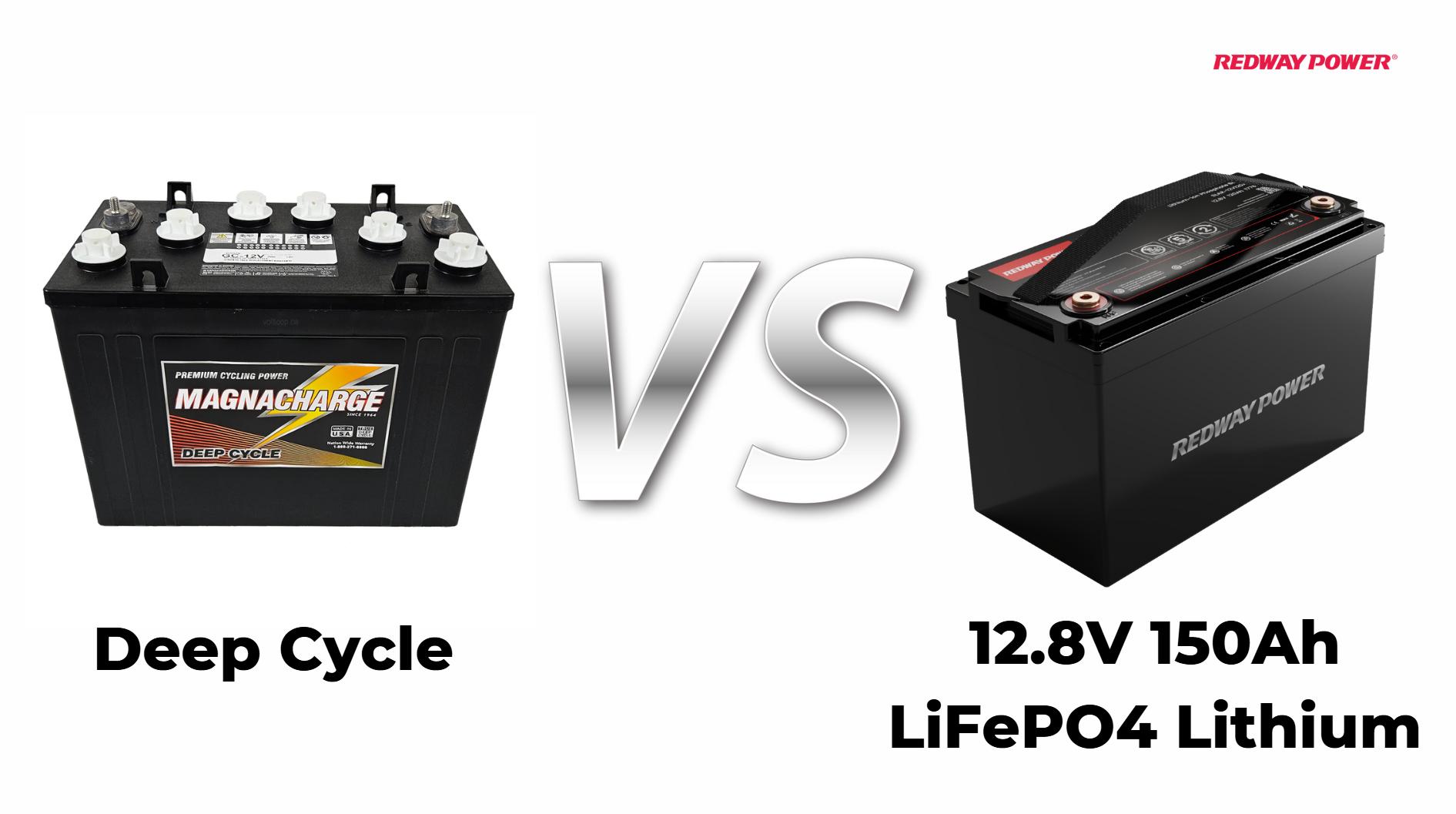Understanding the differences between deep cycle batteries and marine batteries is essential for selecting the right battery for your specific needs, especially in marine applications.
1. Definition and Purpose
- Deep Cycle Battery: Designed to provide a steady amount of power over an extended period. These batteries are built to be regularly discharged and recharged, making them ideal for applications like solar energy systems, RVs, and electric vehicles. They can be deeply discharged (up to 80% of their capacity) without damaging the battery.
- Marine Battery: This term generally refers to batteries designed for use in marine environments, which can include different types such as starting batteries, deep cycle batteries, and dual-purpose batteries. Marine batteries are specifically engineered to withstand the harsh conditions of marine applications, such as vibrations and exposure to water.
2. Types of Marine Batteries
Marine batteries can be categorized into three main types:
- Starting Batteries: These are designed to deliver high bursts of power for short periods to start a boat’s engine. They have many thin plates to maximize surface area and provide quick power.
- Deep Cycle Marine Batteries: Similar to standard deep cycle batteries, these are designed for sustained power delivery over longer periods, suitable for running onboard electronics like lights and trolling motors.
- Dual-Purpose Batteries: These batteries combine features of both starting and deep cycle batteries. They can provide enough power to start an engine while also delivering sustained energy for accessories.
3. Construction Differences
- Deep Cycle Batteries: Constructed with thicker lead plates that allow for deep discharges without damage. They are optimized for longevity through repeated discharge cycles.
- Marine Batteries: Often have a hybrid design that balances the characteristics of starting and deep cycle batteries. They may have thicker plates than starting batteries but not as thick as true deep cycle batteries.
4. Usage Scenarios
- Deep Cycle Battery: Best suited for applications requiring long-term energy supply, such as powering appliances in RVs or providing backup power in solar setups.
- Marine Battery: Used in boats where both engine starting and powering of electronics are necessary. Depending on the type (starting, deep cycle, or dual-purpose), they can serve various roles on the water.
5. Lifespan and Maintenance
- Deep Cycle Batteries: Typically last longer when properly maintained; they can endure many cycles if not deeply discharged repeatedly.
- Marine Batteries: Lifespan varies based on type; starting batteries may last around 3 to 5 years, while deep cycle marine batteries usually last 2 to 4 years with proper care.
Conclusion
In summary, while both deep cycle and marine batteries serve important roles in energy storage, they are designed for different applications. Deep cycle batteries excel in providing sustained energy over time, while marine batteries are tailored for the unique demands of boating, often combining features of both starting and deep cycle capabilities.
Latest News
- Advancements in Battery Technology: Ongoing innovations are enhancing the performance and safety of both deep cycle and marine batteries.
- Sustainability Initiatives: The industry is increasingly focusing on eco-friendly practices in battery production and recycling efforts.
- Market Growth for Marine Applications: The demand for reliable marine batteries continues to rise as recreational boating becomes more popular.
How to Choose Deep Cycle Battery, Marine and Dual Purpose Battery
Redway Expert Comment
In our extensive experience at Redway Battery, understanding the distinctions between deep cycle and marine batteries is crucial for optimal performance in various applications. Selecting the right battery type based on your specific needs will ensure reliability and efficiency.”



